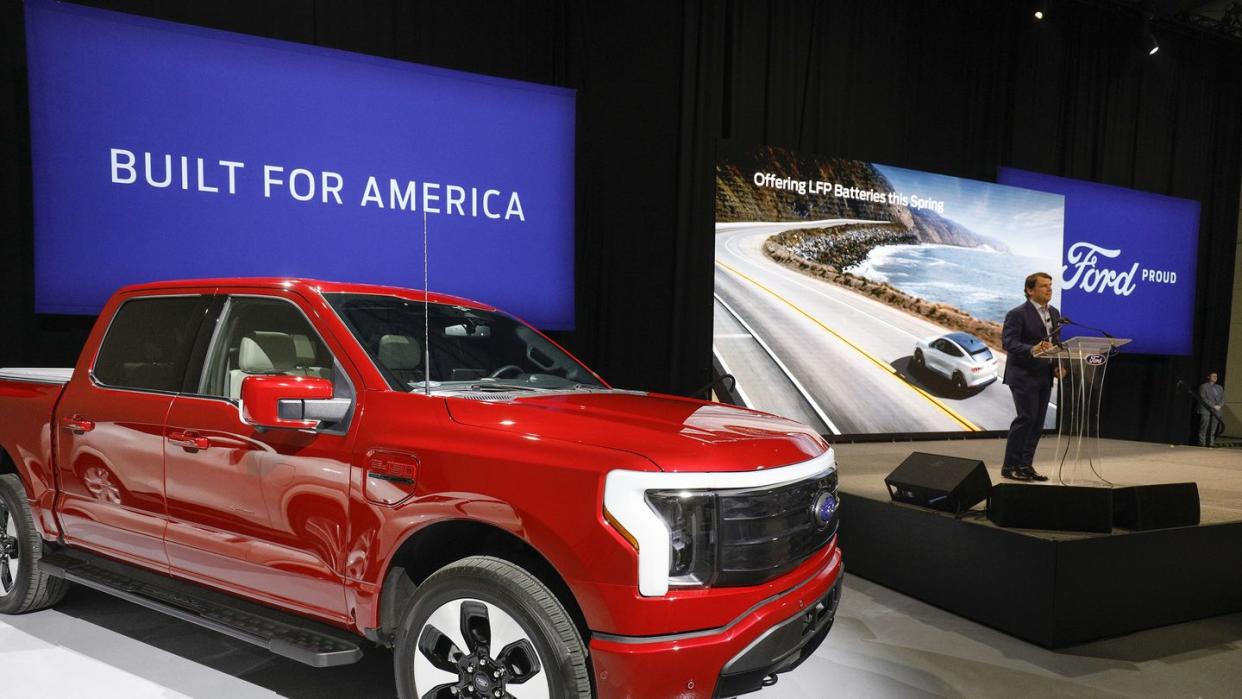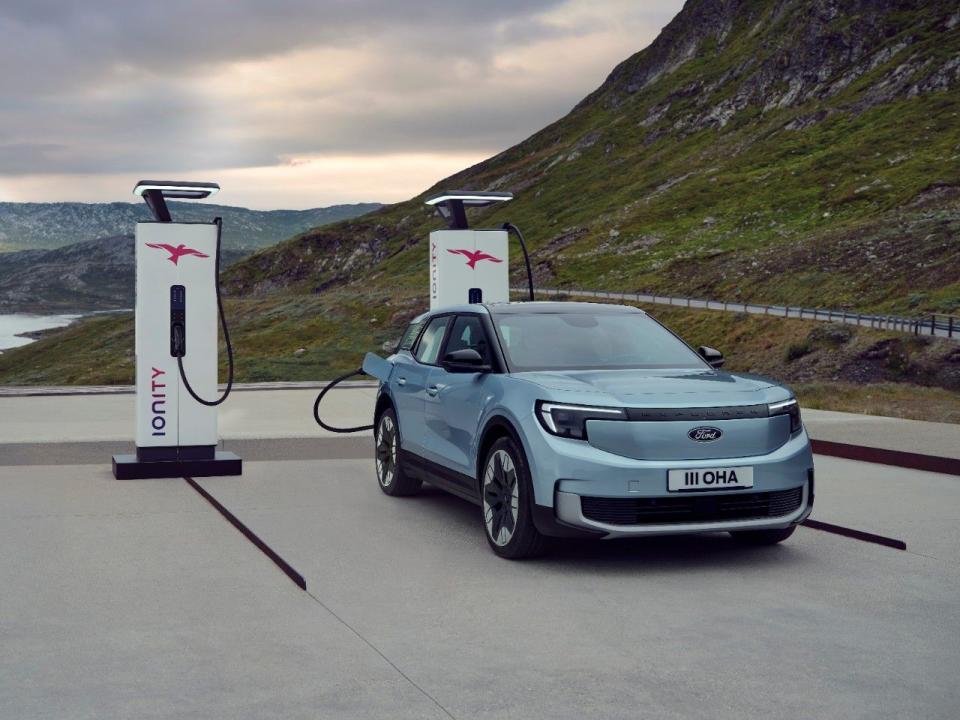Ford Delays Upcoming EV Three-Row SUV Until 2027, Prioritizes Hybrids

Ford Motor Company announced on Thursday that it is delaying production of its upcoming full-size electric SUV, which was initially slated to arrive in 2025. The second-generation electric vehicle project is now slated for a 2027 release as the automaker transitions its focus towards hybrid models for the North American market.
According to Ford, the adjusted release of the upcoming EV doesn’t reflect a change to the brand's commitment to electric vehicles more broadly. That said, the automaker believes that the electric vehicle market needs to continue to mature before the SUV hits the market. The Blue Oval will also now work to provide hybrid models across its entire North American lineup by 2030. Ford’s entire European passenger car lineup is set to be fully electric by that same time, but the automaker did not comment about any change of plans overseas. In fact, Ford just started selling the Explorer EV in the European market. That electric SUV has not made it stateside at this point.
Last year, Ford announced that it planned to delay or outright cancel some $12 billion in EV investments as a result of the challenging electric car market. These difficulties include the higher production costs associated with building EVs, as well as a continually shifting and slowing market for EVs. Up until recent pricing adjustments, Ford struggled to move units of the Mustang Mach-E and F-150 Lightning, with production of the latter losing two-thirds of its production facility workforce earlier this week.

We first heard about this three-row vehicle back in May 2023, when CEO Jim Farley laid out details for an upcoming seven-passenger EV. The vehicle was slated to take a very different approach to the existing Expedition and Explorer models, with much more aerodynamic styling and a lower ride height than we’re currently used to. Ford also planned to target powertrain efficiency over outright range, which would allow for a smaller, less expensive battery pack. The vehicle was slated to be built at one of Ford’s Canadian production facilities.
It’s been an interesting year so far with Ford EVs. The automaker has seen an uptick in EV sales during 2024, up 86 percent year-over-year. Electrified vehicles are also selling well, with hybrids seeing an impressive increase of 42 percent year-over-year. Those hybrids are cheaper to build than EVs, and generally sell at a higher volume than pure-electric machines. Ford’s decision to embrace hybridization ahead of a pure electric switch makes sense from a business perspective, and buyers aren’t likely to mind. Whether or not other automakers take a similar path, this isn’t a fantastic vote of confidence from the Blue Oval.
You Might Also Like


